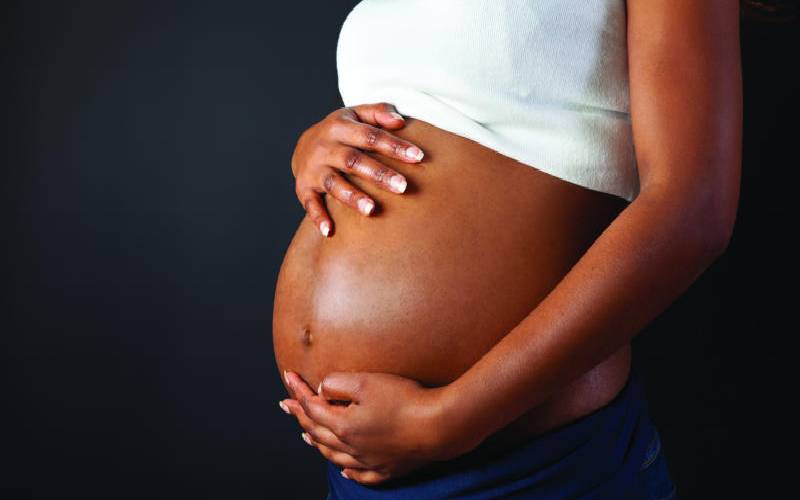×
The Standard e-Paper
Home To Bold Columnists

The Ministry of Education is worried of a possible rise in cases of teenage pregnancies, early marriages, child labour and school dropouts sparked by prolonged closure of schools.